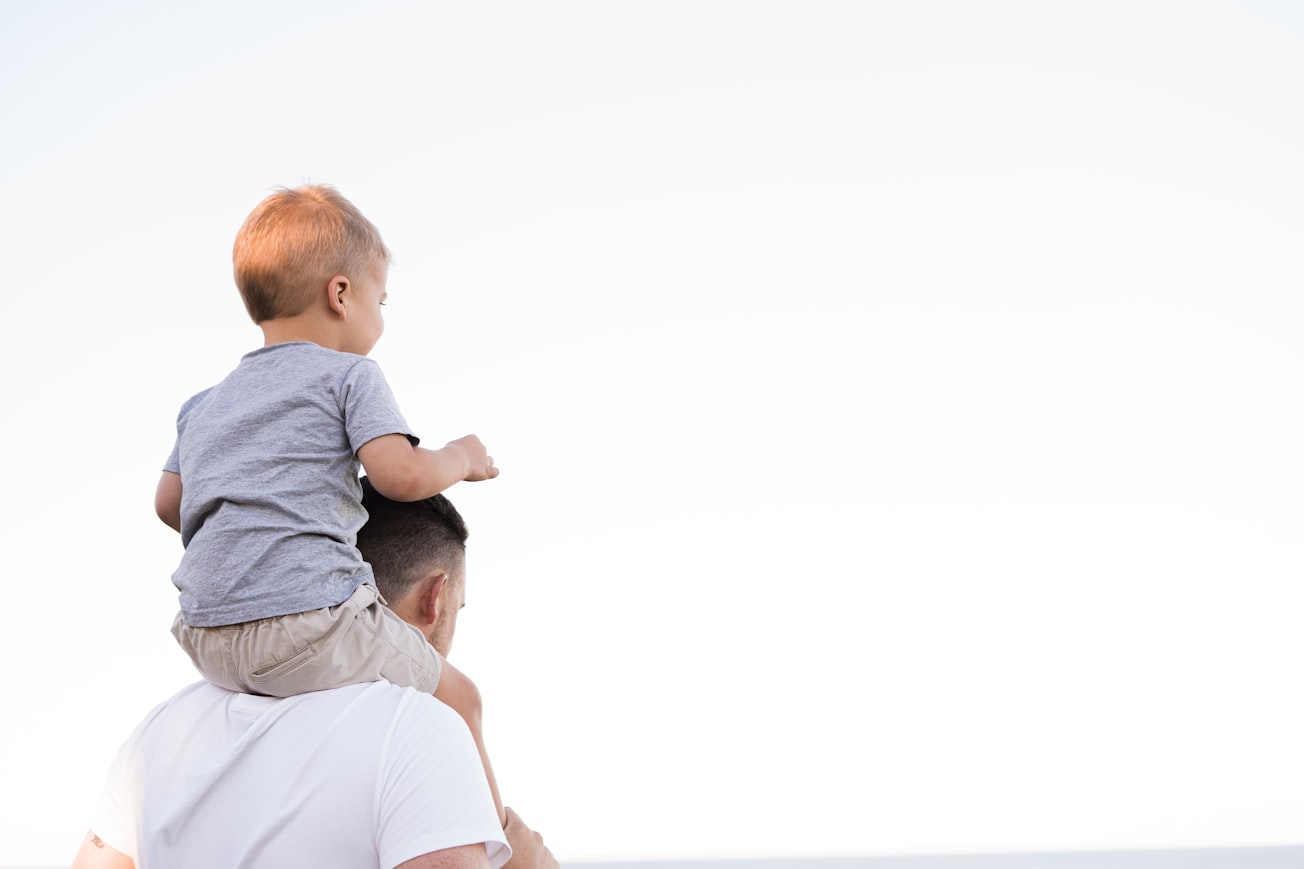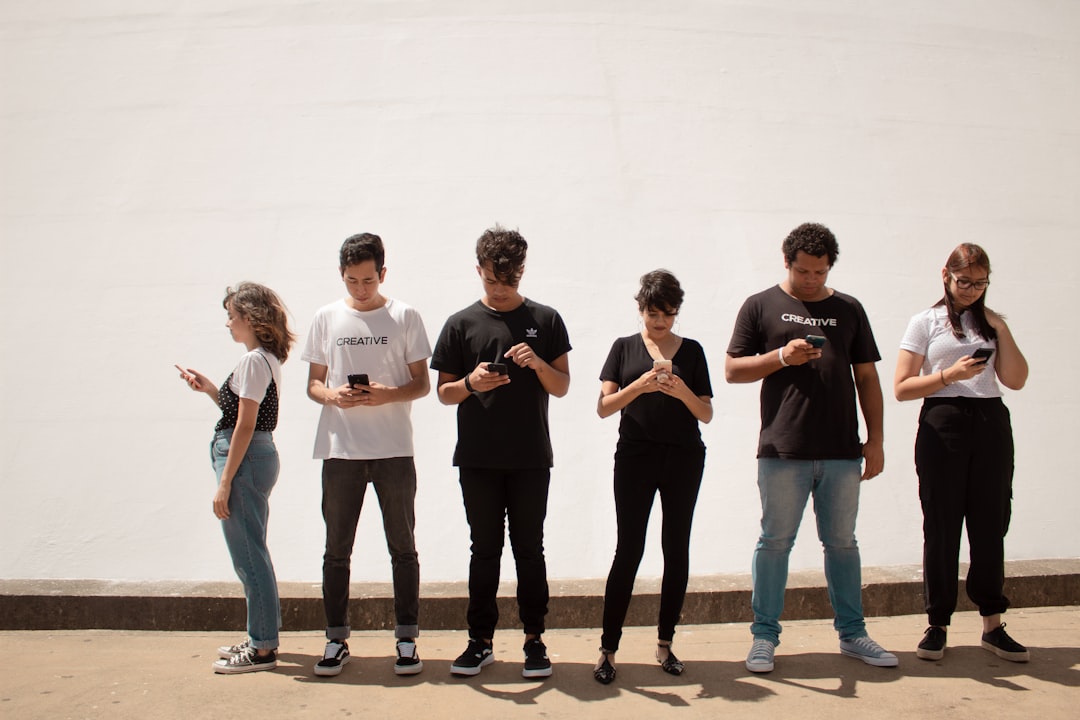What is it about?
In a national sample of childfree LGBQ (i.e., Lesbian, Gay, Bisexual, Queer) adults, we found that those with greater internalized homophobia have a greater desire to have children in the future. We also found that those with greater felt stigma have a lower belief in their ability to have children in the future. Additionally, felt stigma had a greater effect on older LGBQ adults (ages 34-41), such that their belief in their ability to have children was even lower than younger LGBQ adults (ages 18-25) who reported the same level of felt stigma.
Featured Image

Photo by Kelli McClintock on Unsplash
Why is it important?
This study provides insight into one of the barriers LGBTQ+ face in becoming parents. Although same-sex marriage is legally recognized in all 50 states in the United States, protections for LGBTQ+ individuals' ability to foster/adopt children are not as uniformly codified. Experiences of discrimination and stigma have numerous negative impacts on both the physical health and well-being of LGBTQ+ individuals. The degree to which LGBTQ+ individuals experience stigma and internalized homophobia shape their aspirations. The findings of this study can be used to inform policy and clinical practice for professionals who work with this marginalized population.
Perspectives
Finding that internalized homophobia is associated with a greater desire to have children was surprising. Many LGBTQ+ people report that one of the reactions they experienced from their parents is "grief" over the decreased possibility of grandchildren. This desire to conform to this expectation (e.g., having children) seems to be tied to an internalized sense of heteronormativity.
Armin Dorri
University of Texas at Austin
Read the Original
This page is a summary of: Future parenting aspirations and minority stress in U.S. sexual minority adults., Journal of Family Psychology, June 2022, American Psychological Association (APA),
DOI: 10.1037/fam0001004.
You can read the full text:
Contributors
The following have contributed to this page










